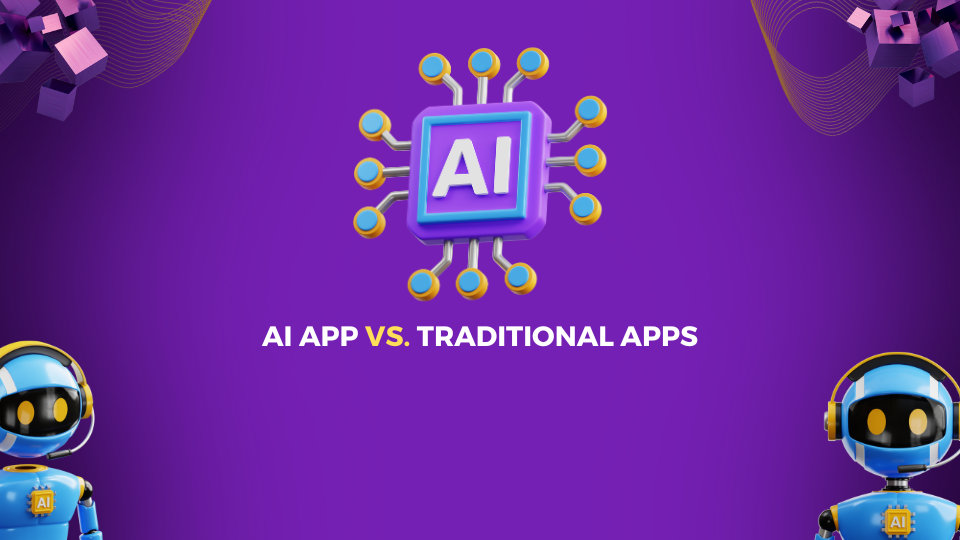The UAE aims to be a global AI leader by investing in critical areas: industry assets, emerging sectors, competent government, data sharing, and a new generation of talent. It plans to prioritize sectors like resources and Energy, logistics and Transport, and tourism and Hospitality. These priorities may change as the economy develops. The UAE will leverage its existing strengths, support emerging sectors, and use its government and commercial sectors for testing and innovation. By 2031, it hopes to achieve its vision through strengths and opportunities in AI adoption.
WHERE THE UAE HAS OPPORTUNITIES TO LEAD
1- Industry Assets & Emerging Sectors:
UAE focuses on priority sectors initially but will continue developing AI solutions in other areas. Priorities may change as the economy evolves. The current focus is on Resources & Energy, Logistics & Transport, and Tourism & Hospitality sectors to leverage existing strengths and explore new opportunities. The UAE aims to lead globally in customer support AI and provide integrated services for tourists.

The estimated increase in output due to the application of AI in industries
2- Smart Government:
UAE’s public sector leads in intelligent service delivery. AI is utilized for dynamic transport schedules, smart traffic control, driver fatigue monitoring, and chatbots for customer service. Objective 4 aims to enhance citizens’ lives through increased government AI experimentation.
His Highness Sheikh Mohammed bin Rashid Al Maktoum UAE Vice President, Prime Minister, and Ruler of Dubai: “We initiated electronic services 16 years ago, and today we are launching a fresh stage relying on Artificial Intelligence… we are seeking to adopt all tools and methodologies related to Artificial Intelligence to expedite and ensure more efficiency for government services at all levels.”
3- Data Sharing and Governance:
The UAE aims to ensure AI is used for good through a values-driven approach. They will design and enable AI systems that benefit society and prevent unintended consequences. Their governance strategy includes practical examples and guidelines for values-driven AI. They will collaborate with other countries and technological groups to promote these guidelines globally. Ethical research will be incentivized.
4. New Generation of Regional Talent:
The Middle East and North Africa region has a high youth unemployment rate (30.6%). However, it also has many operations, IT, and engineering professionals. Notable AI experts, like Iyad Rahwan and Oussama Khatib, hail from the region. With its access to renowned universities, the UAE aims to capitalize on this talent pool. LinkedIn profiles indicate that many professionals in this region combine technical and business skills, particularly in AI-related areas. The UAE also boasts a competitive number of STEM graduates (22%) who possess foundational skills for AI. They can be quickly upskilled for AI roles.

UAE’s Strategic for AI
EIGHT STRATEGIC OBJECTIVES
AI activities in the UAE will expand, with funding for proofs-of-concept and a domestic AI Accelerator. The objective is to cultivate AI-ready talent and collaborate with global AI researchers. The Office of the Minister of State for Artificial Intelligence (AI Office) will facilitate partnerships in education and governance. The goal is to integrate AI technologies into government projects and policies while training a new generation of AI experts. The report outlines ongoing initiatives, upcoming projects, and successful approaches from other countries as potential models for UAE policymakers.
1. The UAE’s first steps will create a powerful brand via AI activities, establishing the UAE as a testbed for AI technology.
2. Improve the UAE’s competitive investments in priority sectors by deploying AI.
3. Create a productive ecosystem for AI. It means corresponding access to domestic data systems applications.
4. Embrace AI across government services to enhance lives. It will need the government to bring the lead in supplying AI-improved services.
5. Attract and train talent for future jobs enabled by AI.
6. Bring world-leading research capability to work with target industries.
7. Provide the data and keep infrastructure essential to become a test bed for AI.
8. Ensure strong governance and effective regulation.




